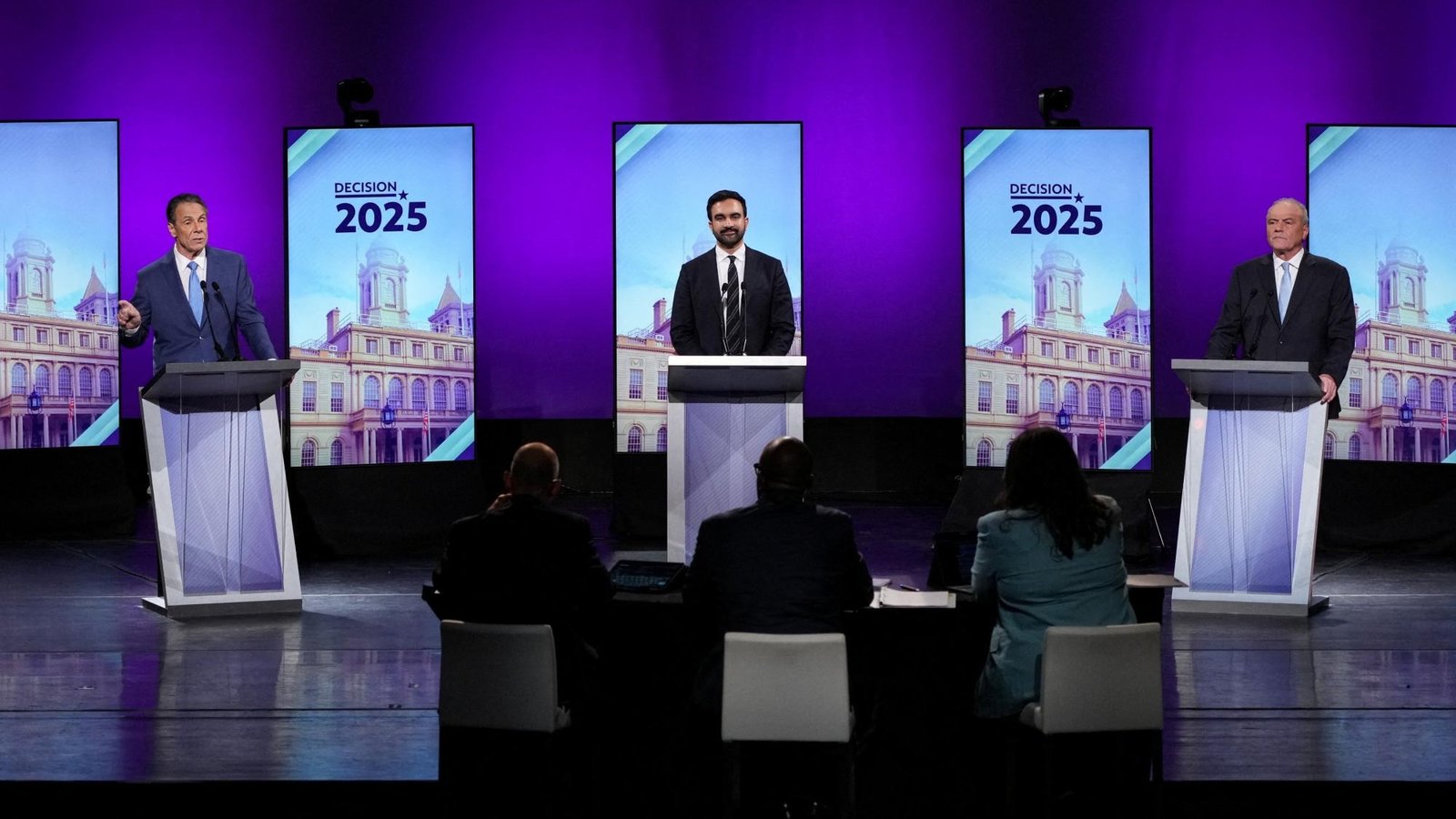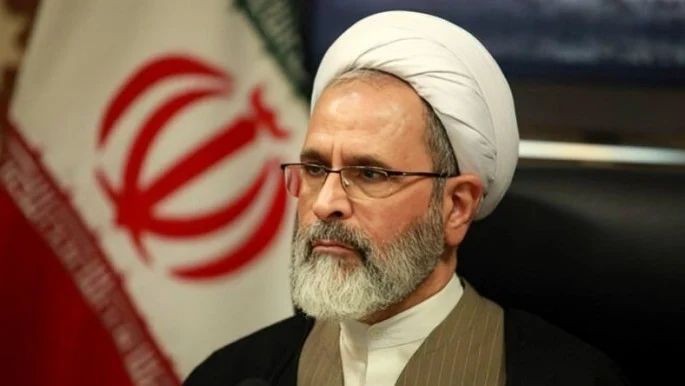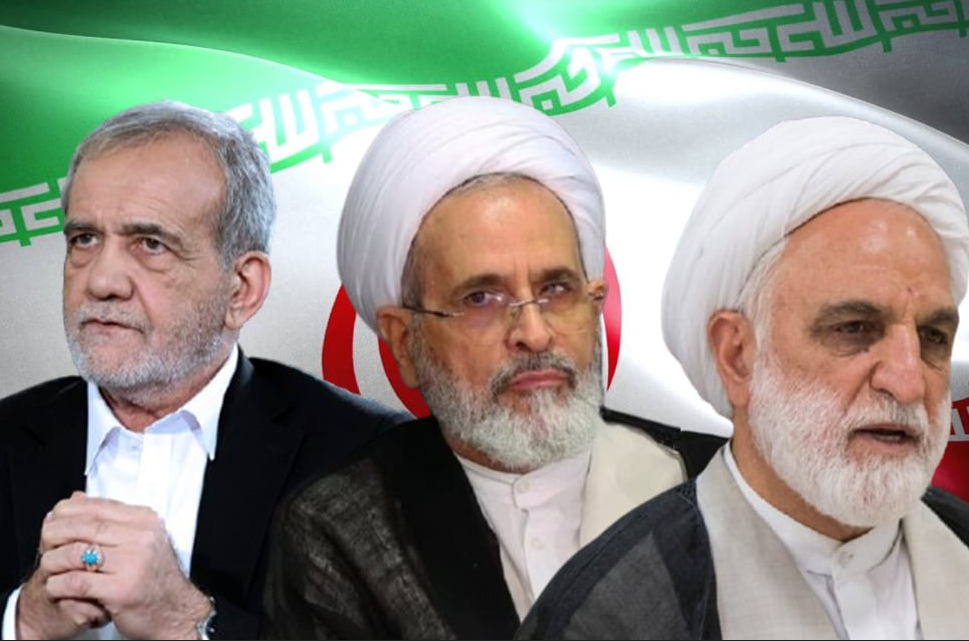The final New York City mayoral debate saw frontrunner Zohran Mamdani face off against former governor Andrew Cuomo and Republican candidate Curtis Sliwa. The debate highlighted personal attacks over policy solutions as the election nears.
The most intense exchanges occurred between Cuomo and Mamdani. Cuomo accused Mamdani of lacking new ideas and relying on recycled policies from Bill de Blasio’s administration. Mamdani countered that Cuomo focused more on pushing other candidates out than offering solutions, citing delays in housing projects during Cuomo’s governorship.
Tensions escalated when Mamdani was questioned about his political ideology. He blamed Cuomo for slow housing progress, while Cuomo insisted governors do not directly build housing. The exchange became heated, culminating in Mamdani raising questions about Cuomo’s past sexual harassment allegations. Cuomo dismissed the question, saying cases were dropped despite ongoing litigation.
Immigration also became a major focus, especially following recent ICE raids in New York. Cuomo said low-level offenses, like street vending, should not be targeted, and claimed he would have intervened with Trump directly. Mamdani accused Cuomo of being too close to Trump, calling him “Donald Trump’s puppet.” Sliwa positioned himself as willing to negotiate with Trump for the city’s benefit, while Cuomo claimed Trump wanted Mamdani to win, labeling him “Trump’s dream.”
Sliwa offered moments of levity, using humor to break the tension between the two rivals. He mocked Cuomo and Mamdani with quips like, “Zohran, your résumé could fit on a cocktail napkin. And Andrew, your failures could fill a public school library.” On homelessness, Sliwa added: “You didn’t leave. You fled from being impeached.”
The debate also focused on the safety of Jewish New Yorkers. Cuomo cited a public letter from 650 rabbis accusing Mamdani of threatening Jewish safety. Sliwa claimed Mamdani supported “global jihad,” which Mamdani strongly denied. He argued attacks were politically motivated due to his identity as a Muslim candidate and emphasized plans to protect Jewish communities, including expanding lessons on Jewish history in schools and safeguarding synagogues.
Throughout the debate, Mamdani faced repeated criticism for evading questions. When asked about education reform and zoning changes, he gave broad answers without detailed plans. Cuomo accused him of lacking experience to govern, while Sliwa dismissed his proposals, such as a $30 minimum wage and universal free buses, as unrealistic.
Despite the heated exchanges, the debate was unlikely to shift voter opinion less than two weeks before election day. Cuomo emphasized his extensive experience at state and federal levels. Mamdani positioned himself as a candidate for change, focusing on affordability and reversing the decline of working-class neighborhoods. Sliwa remained a television-friendly figure, though his campaign has struggled to convince voters he is a serious government administrator.







